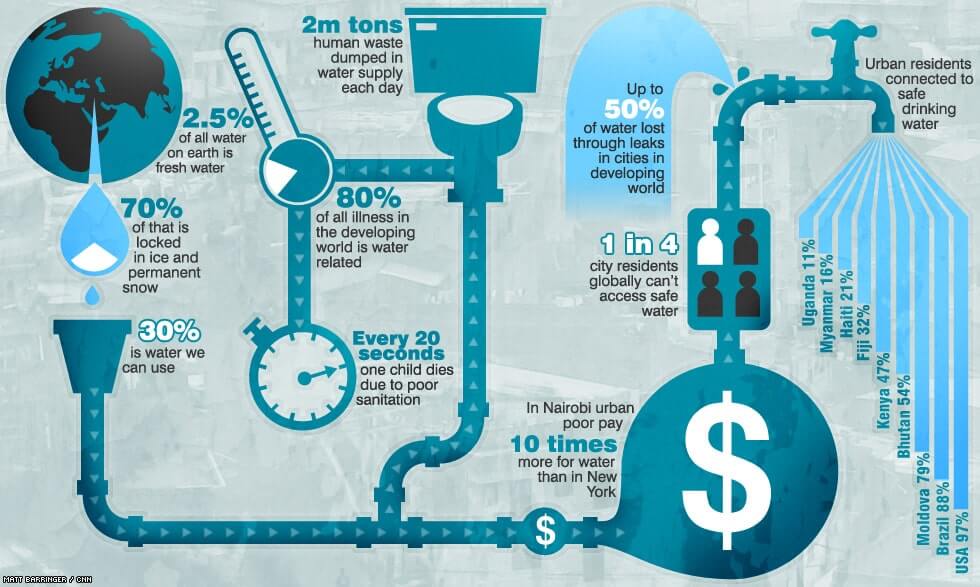Maximizing Comfort And Financial Savings - Tips For Optimizing Your Heatpump Performance
Maximizing Comfort And Financial Savings - Tips For Optimizing Your Heatpump Performance
Blog Article
Web Content By-Dupont Kiilerich
Whether you possess a heat pump or have an existing boiler back up, there are a couple of things that can be done to optimize your system for reliable procedure. By adhering to these suggestions, you can make the most of convenience and cost savings without straining your system or racking up power costs.
Adjusting your thermostat for effectiveness is just one of the initial steps. Using zoning abilities to restrict heating of empty areas is one more efficient approach.
1. Establish Your Thermostat to the Right Temperature
As the periods transform, balancing convenience and price performance can be an obstacle. The good news is, a few simple suggestions can help you decrease power consumption and take full advantage of cost savings.
Start by determining the best temperature level for your family, then set your thermostat as necessary. Avoid making huge jumps up and down in the temperature level setup, as this will certainly cause your heat pump to cycle on and off much more regularly, using up extra energy.
Instead, slowly lower the temperature level at night for a much more comfortable resting atmosphere. Then, increase it a little in the early morning. Remember to maintain air vents open and guided downward when home heating, and up when cooling to maximize blood circulation.
2. Check Your Unit Consistently
A heat pump system requires minimal upkeep, but it is necessary to inspect the system on a regular basis to catch any type of troubles before they end up being serious. Clean interior filters on a schedule established by the maker or when they're visibly dirty, and make certain exterior units have at least 2 feet of clearance to permit airflow.
Inspecting the system will certainly also include cleansing, tightening up electric terminals, and running efficiency tests to make certain precision during heating and cooling settings. It's suggested to have a specialist solution the heat pump two times a year. Performing these routine solutions can make best use of power financial savings and extend the life of the system.
3. Clear Snow and Ice Around the Device
Heatpump are designed to operate outdoors and require to be devoid of snow and ice in order to flow air. If your heat pump is blocked by snow and can't pull in air, it will toggle in between heating & cooling and might strain.
It is essential to remove a two-foot clearance around your outside device in order to boost airflow and protect against ice buildup. Heatpump generally go into a defrost mode in the winter months to melt ice and snow however this procedure can be bothersome if your unit is obstructed by way too much snow. https://cristianukauk.ja-blog.com/29363756/the-ultimate-overview-to-recognizing-heat-pumps-exactly-how-do-they-function will minimize your energy effectiveness and bring about pricey repair service costs in the future.
4. Examine the Cooling Agent Degrees
A heat pump utilizes refrigerant to cool your home in summer season and cozy it in winter months. You can assist maximize its performance by frequently inspecting the cooling agent levels.
It takes extra power to change the temperature level of your heat pump from a comfy setting to a chillier one than it does to maintain that temperature. Altering the temperature level for brief time periods can also squander power.
Dripping https://www.oregonlive.com/hg/2022/05/home-repair-fear-heres-how-to-keep-maintenance-costs-down-with-regular-upkeep.html and filthy air filters can lead to unequal temperatures. They can also make your heat pump much less effective and cost more to operate. A professional can find and repair these issues to boost your heatpump's efficiency.
5. Maximize Your Zoning Capabilities
Using the zoning capacities of a heat pump can help to minimize energy waste by heating just occupied spaces. This not only lowers energy consumption but additionally reduces operating costs and extends the life of the system.
The Build Well balanced Zones tool uses a genetic algorithm to construct zones that satisfy needed area building requirements. These standards consist of equivalent location, compactness, and equal number of attributes.
Additionally, by utilizing wise thermostat technology to maximize the temperature settings based upon occupancy patterns and organizing, you can further improve your heatpump's efficiency. Preserving a clean air filter, making certain appropriate insulation and having your ductwork reviewed for performance can all contribute to improved power savings also.
6. Shading the Outdoor Unit
Property owners typically ask whether it's worthwhile to plant color trees near their exterior ac unit (AIR CONDITIONING) device. The solution is typically of course, as shielding the air conditioner system can help reduce heat from the sun, which in turn helps it cool down more efficiently.
However, it is very important to keep in mind that shading the air conditioning unit doesn't necessarily cut power usage. As explained in https://ductworksenvironmental51627.activoblog.com/29835295/are-warm-pumps-the-most-effective-cooling-and-heating-service-for-your-home-a-relative-analysis of the FSEC report, the temperature level of the surrounding air has a larger effect on cooling down effectiveness than does the quantity of air drew in by the air conditioning unit.
If your cooling compressor is on the south side of your home, consider planting high, deciduous trees with vast, spread-out canopies. These can give appropriate color within one year.